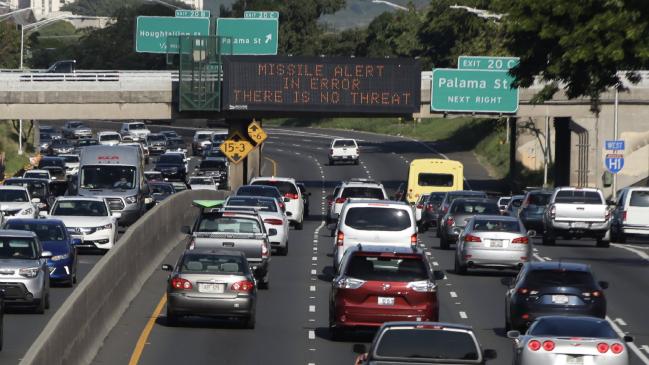Image: CNN
Since 1987, Robert Gabriel Mugabe has been the President of Zimbabwe, a landlocked country located in Southern Africa. At the old age of 93, Mugabe was the oldest active head of state and government in the world, but that all changed after a military takeover resulted in his resignation on 21 November 2017.
On 14 November 2017, armored personnel carriers were seen on the outskirts of the African nation’s capital, Harare. That night the military took over the nation’s state-run broadcaster, ZBC. The next day, while Mugabe was under house arrest, the military announced via a spokesperson on ZBC that Mugabe is safe and that they are only arresting criminals around him. Their statement did not settle any rumors of the coup and just added fuel to the fire. Over the next few days, anti-Mugabe demonstrators gathered in Harare to protest the dictator, a move that would have cost them their life just days before the coup.
Mugabe’s government has been known to silence any critic of the President and was even accused of abducting a protester back in 2015, but ever since the coup took place, millions of Zimbabweans have taken to the streets to show solidarity with the nation’s military. This coup, however, has nothing to do with free speech, something guaranteed in the nation’s constitution. Instead, it’s politically driven—a grudge against the elites of the country. Just days before the coup, Mugabe fired his Vice President, Emmerson Mnangagwa, the favorite to replace Mugabe. His reason for removing Mnangagwa was disloyalty, but the nation’s ruling party ZANU-PF believed it was to make room for Mugabe’s wife to succeed him.
Grace Mugabe, also known as “Gucci Grace” by the people of Zimbabwe for taking lavish shopping trips to South Africa, married Mugabe on 17 August 1996. This came after Mugabe had a secret affair with Grace, who worked as his secretary at the time. The couple married after Mugabe’s first wife, Sally Hayfron, passed away from kidney failure. Ever since then, Grace Mugabe has moved up in the ranks of the ZANU-PF party despite criticism from other party leaders. Many leaders of ZANU-PF despise her for being a foreigner, her inexperience, and that she’s only there because of her relation to Mugabe, but these critiqued failed to silence the woman they call “Gucci Grace.”
Grace Mugabe has very little support in the ZANU-PF party, where many of the party leaders call her “Mad Women” and mock her openly. However, she does have support from the party’s youth league and the G40 Faction, but this support isn’t enough for the First Lady of Zimbabwe, just days before the coup began she attended a ZANU-PF rally on 4 November 2017 where her own party booed her. Instead of leaving the stage or remaining silent, Grace Mugabe began to shout back at the protesters.
The only person ruling this country is the President!
Grace Mugabe wasn’t in Zimbabwe the night of the coup, however. She reportedly fled to Namibia and hadn’t returned since or made any public comment on the situation. President Mugabe, unlike Grace, did speak to the public. While under house arrest he made a public appearance at a graduation ceremony and made a statement on ZBC. He managed to cause chaos with his ZBC appearance. Thousands of people around the country waited in anticipation for Mugabe’s arrival, where he would reportedly resign as President, but that moment never came. Instead, the President asserted his power and stated that he would stay in office. This triggered the nation’s elites to give Mugabe 48 hours to resign, or they would move to impeach him.
Mugabe has ruled Zimbabwe for over 37 years and stopped anyone who came in his way. Over his tenure, he fired two vice-presidents who he considered disloyal and muzzled the independent press. To many Zimbabweans his resignation seemed unlikely, that is until 21 November 2017. On this day something unexpected came, Robert Mugabe announced his resignation.
My decision to resign is voluntary on my part and arises from my concern for the welfare of the people of Zimbabwe and my desire for a smooth, non-violent transfer of power.
All over Zimbabwe, millions began to celebrate, the day they’ve been waiting for finally came. Over his reign, Mugabe crushed the countries economy, silenced the press, and jailed opponents of his. But the incoming President, Mnangagwa aka “The Crocodile,” is just as bad as Mugabe. While many Zimbabweans believe that they have found new freedom in their country, they might have just pushed themselves into a corner.





